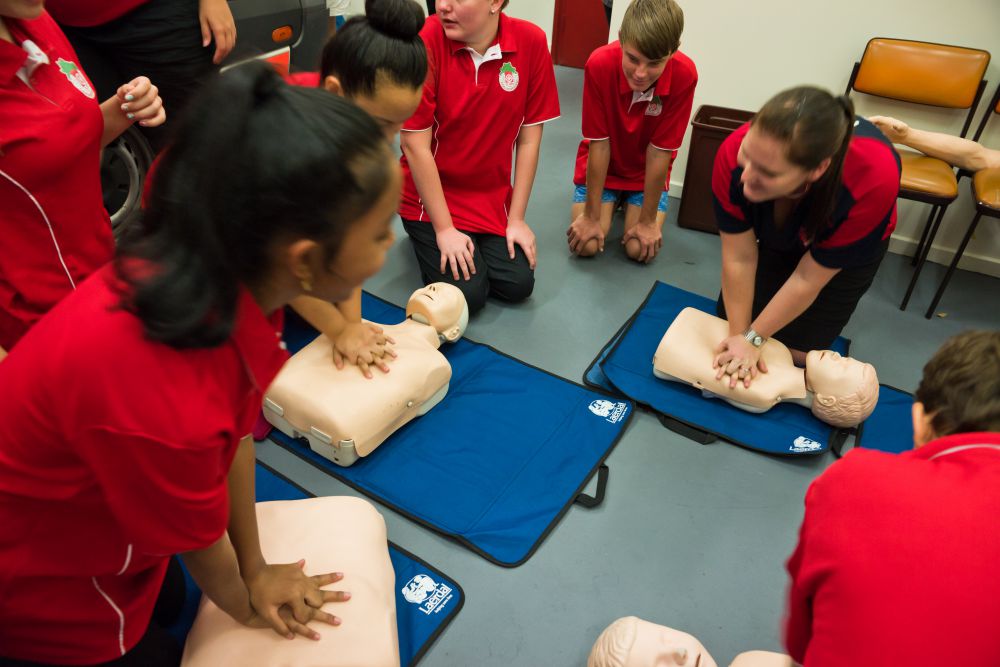Dawn Evans is also set to talk at The National Education Show in November 2018. Dawn established Ajuda 10 years ago after her young daughter choked on a sweet. She realised the huge importance of first aid training; if she did not have essential first aid skills, her daughter could have died. After this incidence, Dawn set out to become a qualified first aid trainer and started teaching parents, teachers, creche assistants, schools and colleges first aid skills. First aid and teaching people how easy it is to save a life has become a passion for Dawn.

Ajuda specialises in a variety of health and safety related courses in order to keep schools safe. Ajuda facilitates affordable courses in schools throughout the UK and are specialists in onsite training during school inset days.

At The National Education Show, Dawn will be holding a seminar introducing how to perform CPR and use a defibrillator in a school environment. Parents count on school staff & teachers to keep their children safe – in class, in the halls, and on the athletic fields. By attending Dawn’s seminar, delegates will take a step towards becoming advocates for automated external defibrillators. Delegates will learn, on a basic level, how to protect children and staff from sudden cardiac arrest and potentially death. Being equipped with this life-saving knowledge also ensures that other teachers are protected in the school environment.

During the seminar, Dawn will be showing attendees the basic skills required to save a life, including the use of CPR and the external defibrillator. To book your ticket to attend Dawn’s seminar, please see here.

The National Education show is an all-day education conference in South Wales that plays host to over 4,000 teachers, 100 companies and 40 professional speakers. Last year, Ajuda ran a competition at the show for attendees to win a life-saving defibrillator for their school. The lucky school that won the competition was Blaenavon Heritage VC Primary School. We are thrilled to announce that this year we will be running the same competition. For more information about our stand please read our exhibitor spotlight here.

Please see here to find out more about Dawn. To book your ticket for Dawn’s seminar please see here.
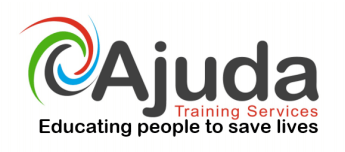
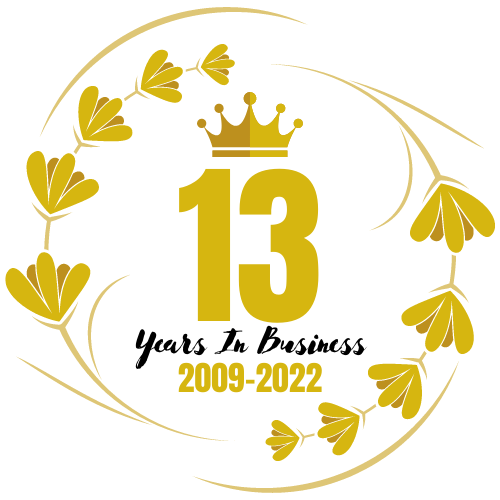


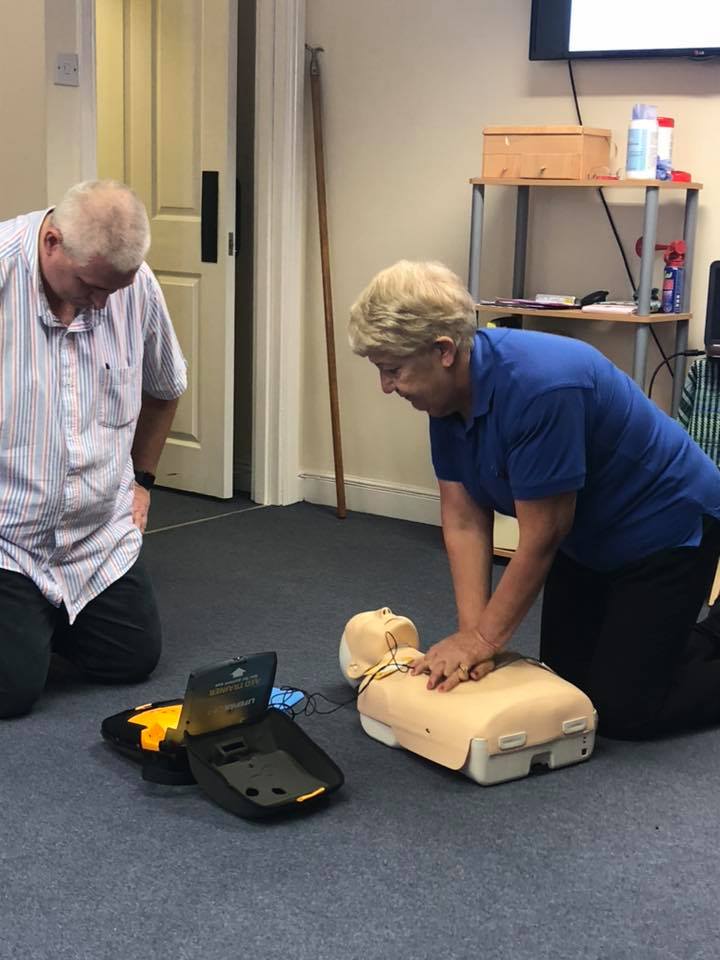




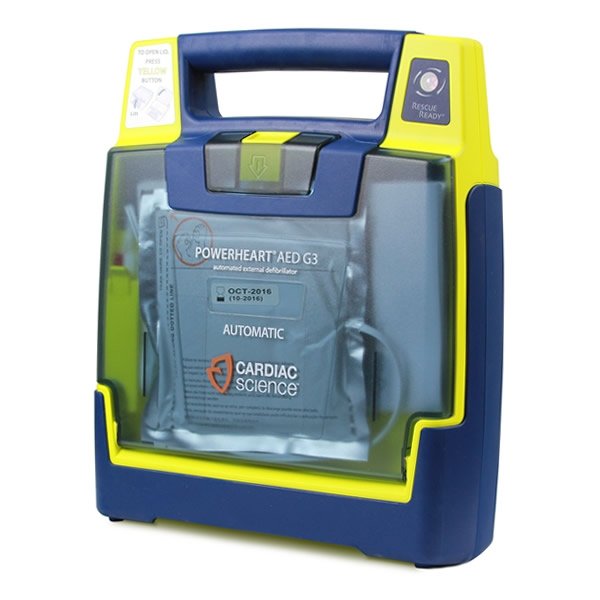









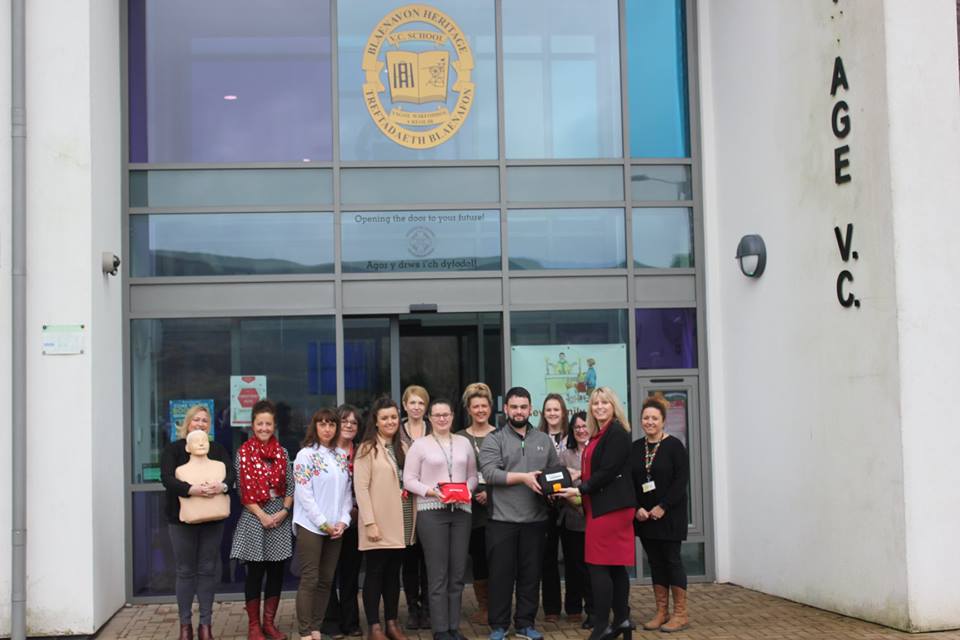














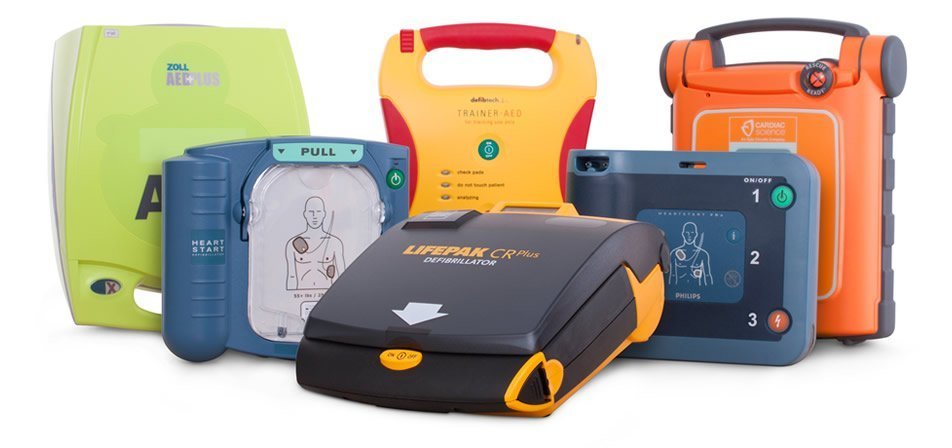
 Ajuda are excited to be giving away a FREE defibrillator at The National Education Show in Cardiff City Hall on 13th October. Visit us at stand 120 to enter our prize draw and potentially win a life-saving defibrillator for your school.
Ajuda are excited to be giving away a FREE defibrillator at The National Education Show in Cardiff City Hall on 13th October. Visit us at stand 120 to enter our prize draw and potentially win a life-saving defibrillator for your school.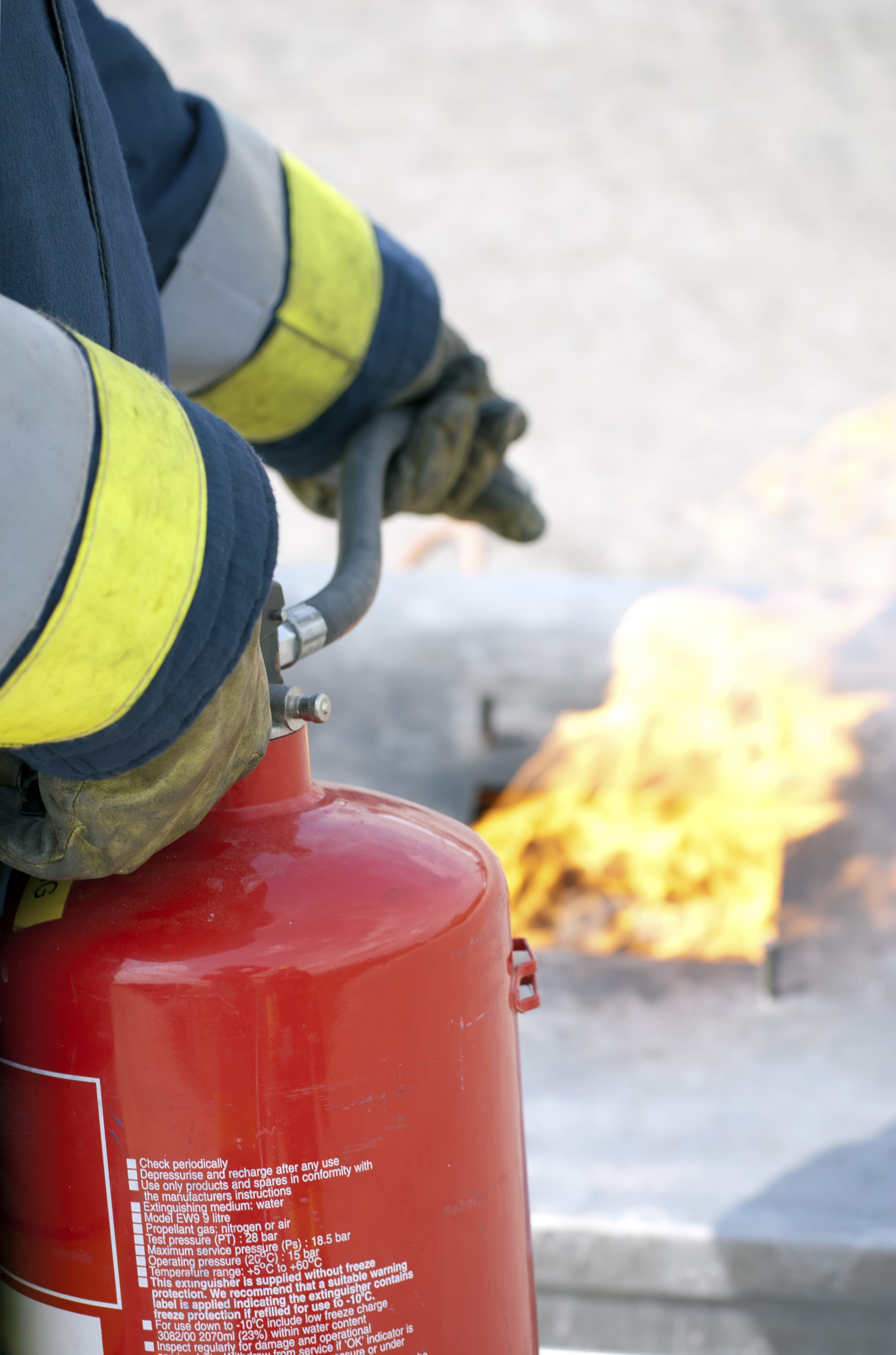
 Mike Pratt
Mike Pratt
